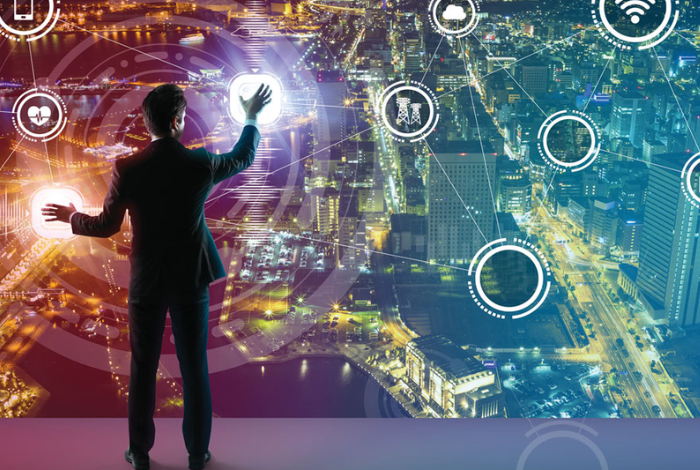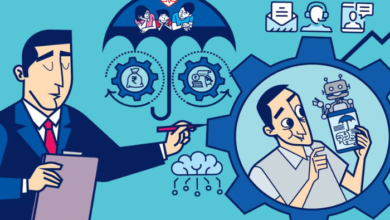The Future of Work: Automation, AI, and the Gig Economy

In recent years, automation, artificial intelligence (AI), and the gig economy have become increasingly popular topics of discussion. With the emergence of new technologies, these topics have been brought to the forefront of many conversations, both in the workplace and in popular culture. But what exactly are automation, AI, and the gig economy? How do they interact with each other? What are the advantages and disadvantages of each? And what effect will they have on the future of work? In this blog, we will explore these questions in detail and gain an understanding of the impact that automation, AI, and the gig economy have on the future of work.
Definition and Overview of Automation
Automation is the use of technology to automate processes. In other words, it is the use of self-regulated machines, computers, or robots to perform tasks that traditionally require human intervention. Automation can be used for a variety of purposes, including manufacturing, business processes, and customer service. Automation has been around for many years, but in recent years, it has become increasingly popular due to advances in technology.
Advantages and Disadvantages of Automation
The primary advantage of automation is that it can save time and money by reducing the need for manual labor. Automation also has the potential to increase production efficiency, reduce errors, and improve quality. However, there are also some disadvantages to automation. Automation can lead to job losses, as machines can replace human labor. Additionally, automation can be expensive to implement and maintain, and it can be difficult to keep up with the rapid pace of technological advancements.
Definition and Overview of AI
AI, or Artificial Intelligence, is the use of computers to simulate human intelligence. AI can be used to perform tasks that would normally require human intervention, such as decision-making, planning, and problem-solving. AI systems can learn from their past experiences and use that knowledge to improve their performance. AI has been around for many years, but in recent years, there has been a surge of interest in the field, due to advances in technology.
Advantages and Disadvantages of AI
The primary advantage of AI is that it can save time and money by reducing the need for manual labor. AI also has the potential to increase production efficiency, reduce errors, and improve quality. Additionally, AI can be used to identify patterns in data and make predictions. However, there are also some disadvantages to AI. AI systems can be expensive to develop and maintain, and they can be subject to bias if not properly monitored. Additionally, AI systems can be difficult to understand and interpret, and they can lead to job losses as machines replace human labor.
Definition and Overview of the Gig Economy
The gig economy is a term used to describe the trend of workers taking on temporary or freelance jobs, rather than holding a traditional full-time job. This trend has been fueled by advances in technology and the emergence of platforms such as Uber and TaskRabbit, which allow workers to find and take on jobs with relative ease.
Advantages and Disadvantages of the Gig Economy
The primary advantage of the gig economy is that it offers flexibility and freedom to workers. Workers can work when and where they want, and they don’t have to commit to a long-term job. Additionally, the gig economy can provide an opportunity for workers to earn additional income. However, there are also some disadvantages to the gig economy. Workers may lack job security and benefits, and they may not earn enough to support themselves. Additionally, some gig jobs may be low-paying or not provide enough hours to make a living.
Effects of Automation, AI, and the Gig Economy on the Future of Work
The effects of automation, AI, and the gig economy on the future of work are still largely unknown. Automation and AI have the potential to replace human labor, which could lead to job losses. Additionally, automation and AI could lead to increased efficiency, accuracy, and quality in the workplace. The gig economy could provide an opportunity for workers to find flexible, freelance jobs, but it could also lead to a race to the bottom in terms of wages and job security. It is difficult to predict exactly how automation, AI, and the gig economy will affect the future of work, but it is clear that they will have a profound impact.
Conclusion
In conclusion, automation, AI, and the gig economy are rapidly changing the way we work. Automation and AI can increase efficiency and accuracy, but they can also lead to job losses. The gig economy can provide flexibility and freedom to workers, but it can also lead to lower wages and job insecurity. It is difficult to predict exactly how the future of work will be affected by automation, AI, and the gig economy, but it is clear that they will have a profound impact.




